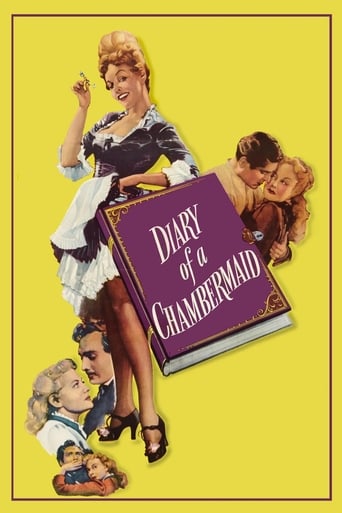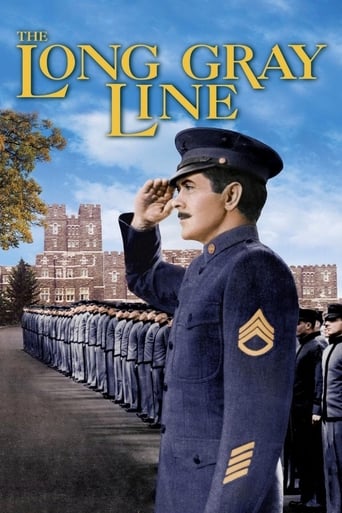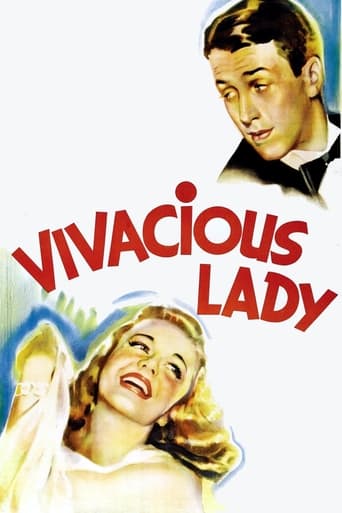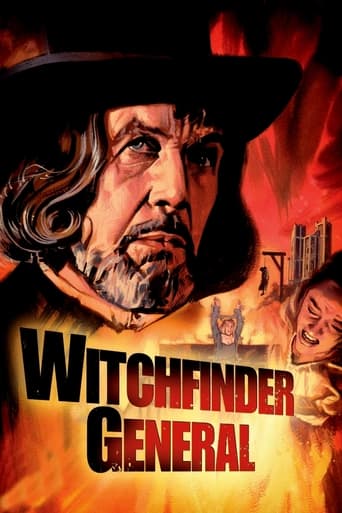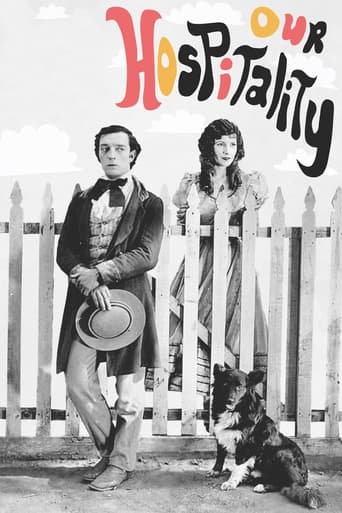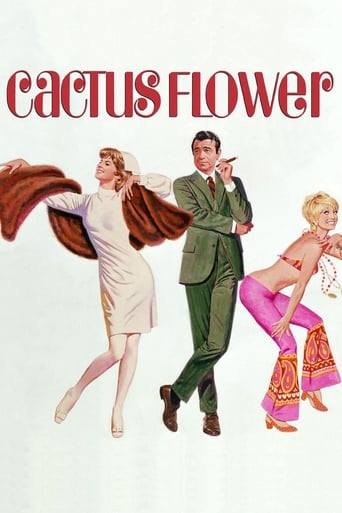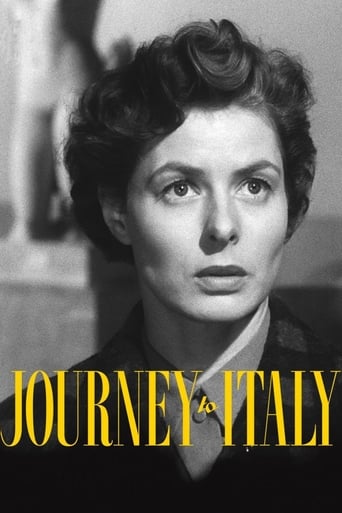


Journey to Italy
This deceptively simple tale of a bored English couple travelling to Italy to find a buyer for a house inherited from an uncle is transformed by Roberto Rossellini into a passionate story of cruelty and cynicism as their marriage disintegrates around them.
-
- Cast:
- Ingrid Bergman , George Sanders , Maria Mauban , Anna Proclemer , Leslie Daniels , Paul Müller , María Martín


Similar titles


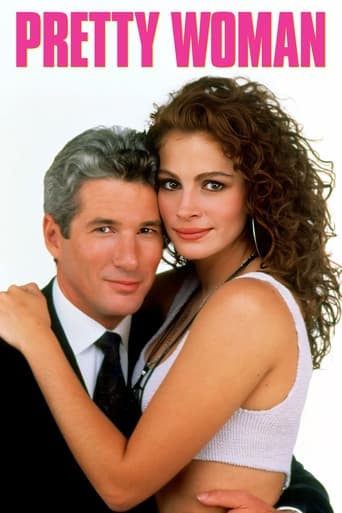







Reviews
Redundant and unnecessary.
hyped garbage
Good concept, poorly executed.
I like movies that are aware of what they are selling... without [any] greater aspirations than to make people laugh and that's it.
Luckily they projected an old 35 mm copy to get the right feeling of looking at the past. This is not a very spectacular movie. It seems that the tourism promotion of Naples in 1954 sponsored part of the movie. There is a lot of advertising time for the area around Naples (Pompeij, Capri) in it. But from today's point of view these scenes are quite interesting. You see explanations how they uncovered the remains of Pompeij and wonderful statues of ancient times. Besides that we see a very believable struggle between man and woman in a late stage of their marriage. How first love is translated into a somehow different, but never-the-less, important feeling.
The opening sequence sets the tone: a middle-aged English couple - wealthy, well-groomed, withdrawn, in an expensive Bentley (Bertone designed, no less) cabriolet; he's slouched in the passenger seat, asleep; she's driving, looking tired and ill-tempered. They're traveling to Naples to sell a house a deceased rich uncle, Homer, had bequeathed to his nephew, Alex (Sanders), who is accompanied by his wife, Katherine (Bergman). After we learn about the house sale, they fall silent, staring ahead. The rest of this exquisitely filmed story heightens the distance and lack of communication which forms the essential thematic core of an obviously failing - or already failed - marriage. Not only do they rarely talk, but they are both strangers in a strange land and ignorant of the Italian language - a master stroke by Rossellini, in my opinion, which further emphasizes their mutual alienation; but which also, ironically, forces them to acknowledge each other against their will. Alex pays only perfunctory notice of his wife when the occasion demands, Katherine finds fault in his obvious lack of interest; they converse in banalities mostly, except when she reminisces about the past - which annoys him; she likes to sees the sights, he says he's bored but ogles the local talent constantly; she does the touristy thing, alone, at museums, art galleries, volcanic sites etc, he goes to the Isle of Capri for more ... sights; she takes walks with a female friend, he goes out alone bar crawling and contemplates a prostitute....You get the picture: two people who might have been in love long ago, but are now searching, wondering, maybe even hoping their barren lives - there are no children, by mutual choice - can live again with just each other. Bergman and Sanders are perfect for the roles, and on camera all the time, either alone, with each other or in a group of friends or family. Camera work includes some obligatory scenic views - the black and white filming is suitably, wonderfully nostalgic - but most of the time, Rossellini uses medium to extreme close-ups to show every glance, frown, grimace, distaste, dislike, frustration, fear, anger, puzzlement etc on the faces of the tortured antagonists; and with barely the occasional ghost of a false smile, from one or the other. The dialogue is crisp, cutting and sometimes crushing as they dissect each others' accusations, inferences and inadequacies. The acting is so fine, so exact, it can be unsettling to see perhaps for some viewers. Overall, it seems the lack of communication and honesty is at the root of their remote relationship; or does their mutual remoteness simply amplify their failure to connect? Should they divorce? Should they keep trying? Those answers come at the end of their visit - together for the only time on an outing - to some archaeological ruins at Pompeii where she becomes overwrought by the graphic evidence of pervasive, instantaneous death by natural violence. She runs off, he follows, somewhat annoyed but also puzzled. He catches up as she reaches the Bentley. They drive off, silent, nonspeaking, uncommunicative ... until they come upon a large religious procession in which their car becomes entangled, forcing them to park and walk together, curious, and with the crowd, to find out what's happening.The crowd pushes, surges. She becomes separated from him, and is carried further away, calling to him. Urgently, frantically now, he pushes through, elbowing, shoving, trying to get to her as the crowd grows around them, until he finally reaches her - and where they also arrive at a resolution for their dilemma. Well ... the ending is arguably controversial, and for many reasons; even the final screen shot is a puzzle for me. However, for what it's worth I think Rossellini did the right thing commercially - even politically - but the wrong thing artistically. Beyond that I will leave it up to you to assess for yourself when you see this classic movie - as you should, perhaps.Recommended for all. Give this full score - nine out of ten (no movie is a perfect ten-ten).May 21, 2016
Roberto Rossellini wasn't about to rest too much on his laurels - or let a little thing like a controversy slow him down (an affair with Ingrid Bergman that wrecked marriages, albeit produced daughter Isabella which is nothing short of miraculous) - so a film like Journey to Italy seemed like just the thing to get him motivated and challenged. It's a challenging picture. There's not the same sort of melodramatic drive through a lot of it that you see in Rome Open City or even Stromboli - at least until perhaps the last third. I remember seeing the clips in Scorsese's Italian movies documentary, though it was hard to come by except on over-priced VHS online, until the Criterion collection put out a Rossellini/Bergman box-set, which gave me my chance last year.I have to wonder if Kubrick might've watched this film before making Eyes Wide Shut, if only for the early scenes. But there's little chance for real romance here; Bergman and George Sanders are the married couple, on holiday in Rome. Well, partly holiday anyway, more like an estate deal that's being closed on (an inhereted villa in Naples actually), and she's bored out of her mind... at first. Very slowly as she goes on trips to museums, encouraged by an acquaintance, there is a certain mood about Rome, a history, the objects which loom over her and speak to something MORE than what she is experiencing in her life and marriage, that do something to her.Of course, stuffy George Sanders can't see that - nor that their marriage isn't very happy at the moment, or about there being a lost lover in the equation as well (flirting for Sanders, too). And there may be more trouble on the horizon as well, but what's so fascinating is that Rossellini keeps a lot of things under the surface, the unspoken between the two, the tension, is what has to be put forward. For drama, this can be tricky, and Rossellini with his documentary background is able to get his actors to such a place as to be totally comfortable in their characters - people who are paradoxically uncomfortable with where they're at, romantically, spiritually (spirit's a big one), and geographically. And in a sense the ultimate message here reminds me of the line from Night of the Living Dead, where an unhappy married woman says to her husband: "We might not like living together... but dying together won't solve anything." Is this couple sort of, you know, trapped? Most likely, and the zombies are actual conflicts they're avoiding in life. A lot of what they end up seeing together is death. This comes by the way right when they tentatively agree after a really bad argument (there's a lot of arguing here by the way, but all believable because it's these two stars who are tremendous talents. They're taken along on an archaeological expedition, and they're privy to the remains of people from long ago. It's a startling, breathtaking sight for them, maybe more for Sanders in a way because he hasn't already been exposed to these bewildering, eye-opening sights like Bergman has. And this realization of one's mortality dawns ever closer.Journey to Italy was a prized darling among the French New Wave, and perhaps it's because of the questions it raises about life and death, love and loss, and having any sort of REASON for anything, that gives it an existential edge. Have things been too petty for them? Can they reconcile? The ending is where Rossellini finally lets things boil over dramatically speaking: in a way this is a more sophisticated film, if a little harder to exactly "enjoy" outside of a sort of intellectual level (unlike, say, Open City), but when Bergman and Sanders are torn apart, if only briefly, by a parade, it becomes a BIG struggle, and that's what counts. What will you do with the time you have here? Love, squabble, fight, bicker, take things in and experience things? Maybe all of those.I'm glad the movie was re-discovered and championed by those crazy bunch of Cashier du Cinema folks; the movie works its way ever so slowly on you, and has the layers of great art revealing itself. Did I mention how good these two actors are, especially Bergman again with her husband/musee? Good, it's worth repeating.
Journey To Italy is one of those films with recognisable names in front and behind the lens and appears to be very acclaimed, most notably ranking very high in They Shoot Pictures Don't They's top 1000, yet I don't personally know anyone who's a fan. Besides Martin Scorsese, I can't name anyone who vouches for it. In starting the film, it's difficult to see why it deserves such a noteworthy position. It's quite haphazardly produced with clunky framing, editing and exposition in its script. I suppose it's a necessary evil essential to all films but it didn't seem to have much life to it. Perhaps it was ahead of its time in some regard. Fortunately I love Ingrid Bergman and I felt her performance was remarkably subdued, particularly in her reaction shots. A lot internally going on there. Very whole-hearted compared to George Sanders who relies on bulky screen presence.The plot continues and dwindles as we follow the two characters independently exploring their impulses, Bergman inquiring the remains of Pompeii and Sanders experimenting with infidelity. It's difficult to be invested in such a neutral relationship, especially when the cameras don't really pick up the beauty of the scenery. The film hits fever pitch late and we swiftly come to the predictable conclusive moments and that's when something incredible happens. The film, or the version I watched, is a short 80 minutes and it must be all set to build to these final minutes. It becomes movie magic, both emotional in the characters and the suddenly electrifying camera-work. Even though the catalyst is something you can see coming, the film feels worth it for that satisfying sense of love in the end. It's a shame the film is so unbalanced and it could've delivered more treats along the way, but I guess I can kind of see what Marty sees in it. 7/10

